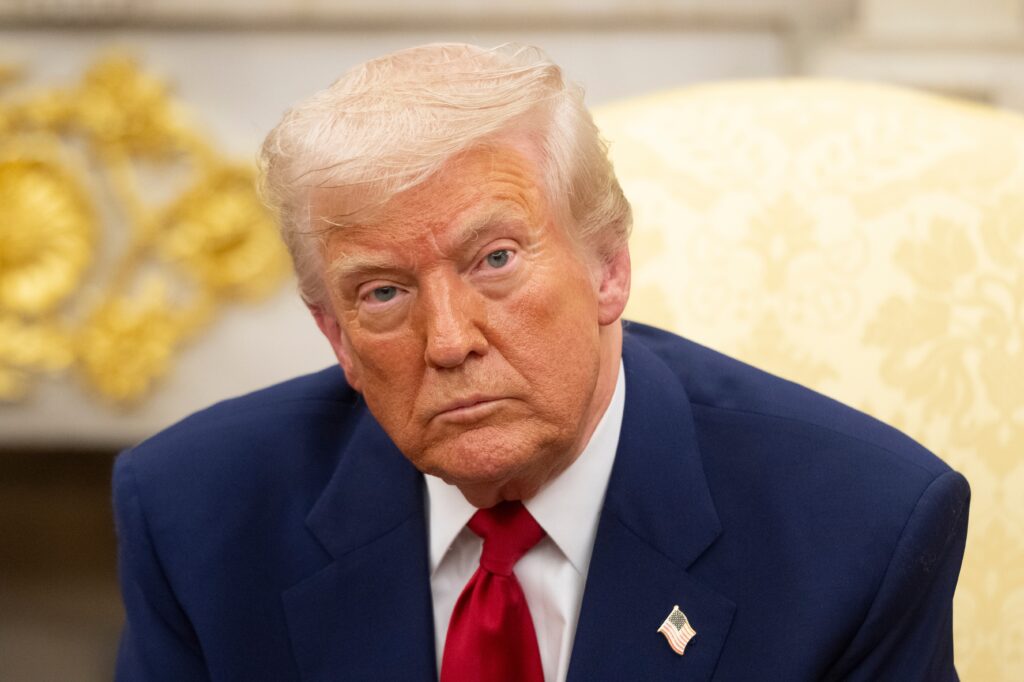President Trump publicly demanded Attorney General Pam Bondi prosecute officials he considers enemies.
He cited former FBI Director James Comey, Senator Adam Schiff, and New York AG Letitia James.
Trump said repeated indictments against him were “over nothing” and insisted, “Justice must be served, now!”
Explicit Orders Break Longstanding Norms
Trump’s direct commands to Bondi defy Justice Department protocols established after Watergate.
He emphasized speed, saying, “They have to act. They have to act fast.”
His instructions followed the removal of U.S. Attorney Erik Siebert, who failed to charge James and Comey.
Controversial Appointments Follow Firings
Trump praised Bondi but demanded a “tough prosecutor” in Eastern District of Virginia.
He nominated Lindsey Halligan, a former insurance lawyer, to replace Siebert.
Halligan has never served as a prosecutor, raising concerns about politicization.
Pressure Extends to Other U.S. Attorneys
Officials are reportedly pressuring Maryland U.S. Attorney Kelly O. Hayes on cases involving Schiff and John Bolton.
Hayes has emphasized she will pursue charges only if evidence supports them.
She recently authorized a warrant to search Bolton’s home but avoided charging Schiff without proof.
Campaign Against Prosecutors Reflects Desire for Retribution
Trump targets U.S. attorneys nationwide, continuing earlier purges at Justice Department headquarters and the FBI.
He claims the moves protect his reputation and ensure accountability for perceived adversaries.
Trump told reporters, “If they’re guilty, they should be charged. If not, that’s fine.”
Moves Threaten Justice System Independence
Interfering in day-to-day federal cases undermines prosecutorial independence and the foundations of the criminal justice system.
White House actions may create paths for selective prosecutions or influence ongoing investigations.
Historically, political interference in U.S. attorney offices, such as under Bush in 2006, sparked resignations and scandal.


